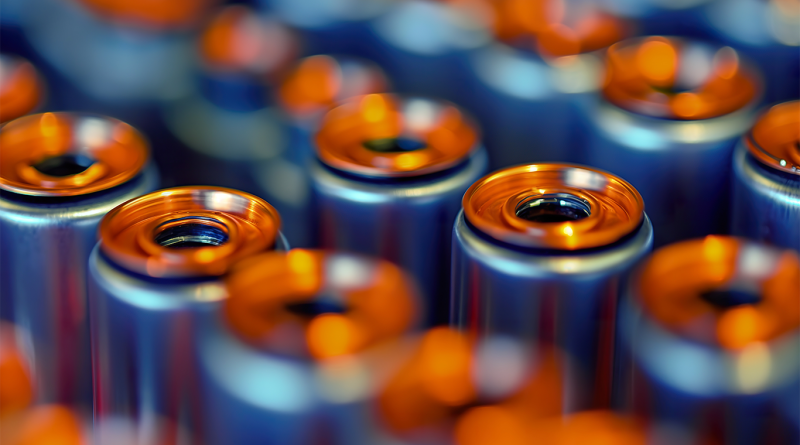LION Power’s Role in Boosting American Lithium Battery Manufacturing
The global energy market’s pivot toward sustainable solutions has placed lithium-ion batteries at the forefront of growth, powering everything from electric vehicles to grid storage. Historically, Asia, especially China, Japan, and South Korea, has led this market due to their advanced manufacturing capabilities and resource access. However, in recent years, the US has made significant strides to strengthen its battery production capabilities. This movement is driven by an urgent need to reduce import dependency, secure the energy supply chain, and enhance economic stability.
Federal policies and incentives, such as those under the Inflation Reduction Act, have further encouraged domestic investment and development. These policies aim to foster innovation, support emerging energy sectors, and position the US as a competitive hub for cutting-edge energy storage technologies.
LION Power’s initiative and industry advancements
Among the leaders in this US-based energy transformation is LION Power. The company’s plan to establish solid-state lithium-ion battery production in Virginia by 2025 is particularly noteworthy. Solid-state batteries are an evolution over traditional liquid-based models, offering substantial improvements in safety, energy density, and efficiency. By eliminating liquid electrolytes, these batteries reduce risks associated with leaks and overheating, enhancing their reliability and performance.
The planned facility in Virginia represents a significant investment in technology and regional development. It serves as a part of a broader trend where companies in the US are adopting advanced battery technologies to not only meet increasing local demand but also contribute to global competitiveness.
Economic and strategic implications
The expansion of US-based lithium-ion manufacturing promises substantial economic benefits. Projects like LION Power’s initiative are poised to generate thousands of new jobs, boosting regional economies and providing sustainable employment in engineering, manufacturing, and technical roles. Beyond direct employment, the positive impact extends to auxiliary industries, including equipment supply, logistics, and infrastructure development, all of which are essential for supporting these facilities.
Strategically, this shift supports national energy security by reducing reliance on imported battery components. A robust domestic manufacturing base ensures that supply chains remain resilient to global disruptions, protecting the US economy from potential vulnerabilities.
The integration of locally sourced components and partnerships with US-based suppliers further enhances the sustainability of this manufacturing model. It strengthens economic resilience and promotes a circular economy that prioritizes local resources and expertise.
Future prospects and challenges
Despite significant advancements, the journey toward widespread domestic battery production is not without challenges. Scaling up production to meet surging demand—particularly with the rapid growth of electric vehicles—requires stable supplies of critical raw materials like lithium and cobalt. To address these challenges, companies are fostering strategic partnerships and investing in research focused on sustainable alternatives and improved recycling practices.
Maintaining environmental sustainability is an imperative aspect of this expansion. As production ramps up, companies must ensure that their processes align with eco-friendly practices, such as waste reduction and energy-efficient manufacturing. This dual focus on growth and environmental stewardship will be critical in aligning industry practices with broader sustainability goals. These advancements signal a promising future where the US can lead in renewable energy technologies, build a resilient energy sector, and contribute to global sustainability.
Sources:
